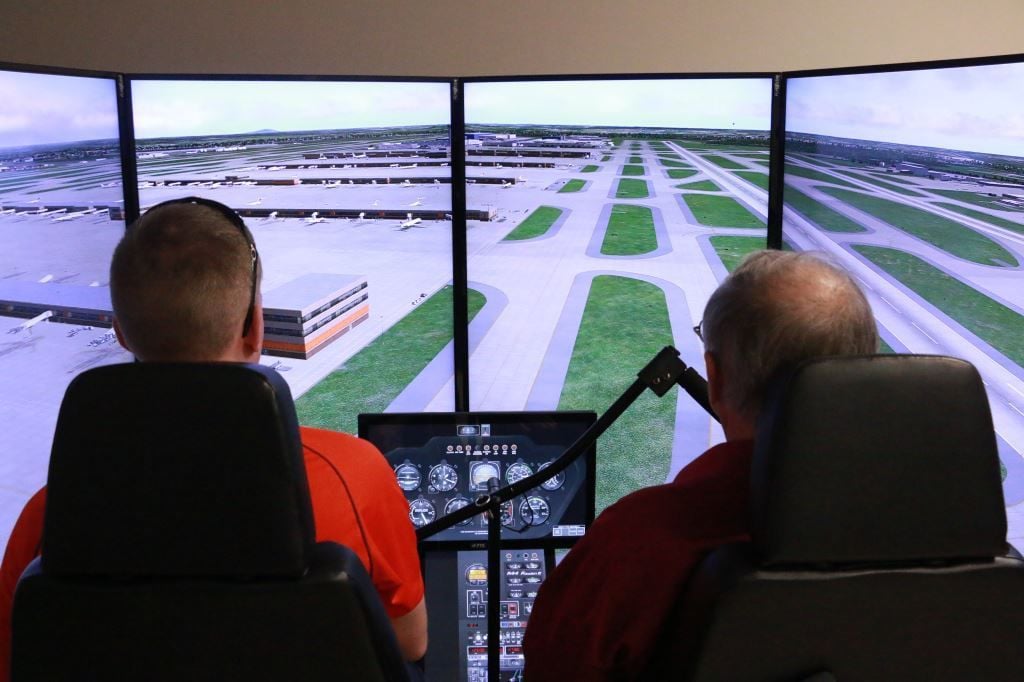

#Tims air navigation simulator professional
In 2015 he received the INFORMS Lifetime Professional Achievement Award, which is the highest honor given by the Institute for Operations Research and the Management Sciences’ Simulation Society.

In 2013 he received the Institute for Operations Research and Management Sciences (INFORMS) Simulation Society Distinguished Service Award. Zeigler is a Fellow of the Institute of Electrical and Electronics Engineers (IEEE) and The Society for Modeling and Simulation International (SCS) for which he served as President (2002–2004). He is currently affiliated with the Center of Excellence in Command, Control, Communications, Computing and Intelligence (C4I Center) at George Mason University and is also the Chief Scientist at RTSync Corp. Zeigler served as the Co-Director of the Arizona Center for Integrative Modeling and Simulation (ACIMS). Zeigler has held faculty appointments at the University of Michigan (1969–1975, 1980–1981), the Weizmann Institute in Israel (1975–1980), Wayne State University (1981–1984), The University of Arizona (1985–2010), and Arizona State University (2005–2008). in Engineering Physics from McGill University in Montreal, Canada (1962). in Electrical Engineering from the Massachusetts Institute of Technology (1964), and a B.S. in Computer/Communication Sciences from the University of Michigan (1968), an M.S. Zeigler is Professor Emeritus of Electrical and Computer Engineering at the University of Arizona. An example of a system engineering application, an unmanned vehicle fleet providing emergency ambulance service, will be examined as an application of the kind of multifaceted M&S methodology required to effectively deal with such systems.īernard P. M&S represents a core capability and is needed to address today’s complex, adaptive, systems of systems engineering challenges. This talk will consider the problems raised by MBSE taken as a modeling activity without the support of full strength integrated simulation capability and the potential for, and possible forms of, closer integration between the two streams. In response, an initiative is underway to bring Model-Based Systems Engineering (MBSE) closer together with model-based simulation developments. Lack of such Modeling and Simulation (M&S) infrastructure leads to knowledge gaps in engineering such complex systems and these gaps appear as epistemological emergent behaviors. The limitations of model-based support for engineering complex systems include limited capability to develop multifaceted models, as well as their analysis with robust reliable simulation engines. Topic: MBSE with/out Simulation: State of the Art and Way Forward


 0 kommentar(er)
0 kommentar(er)
